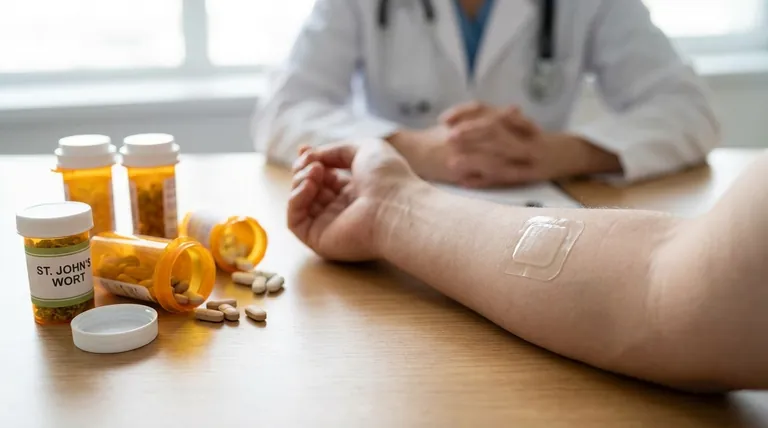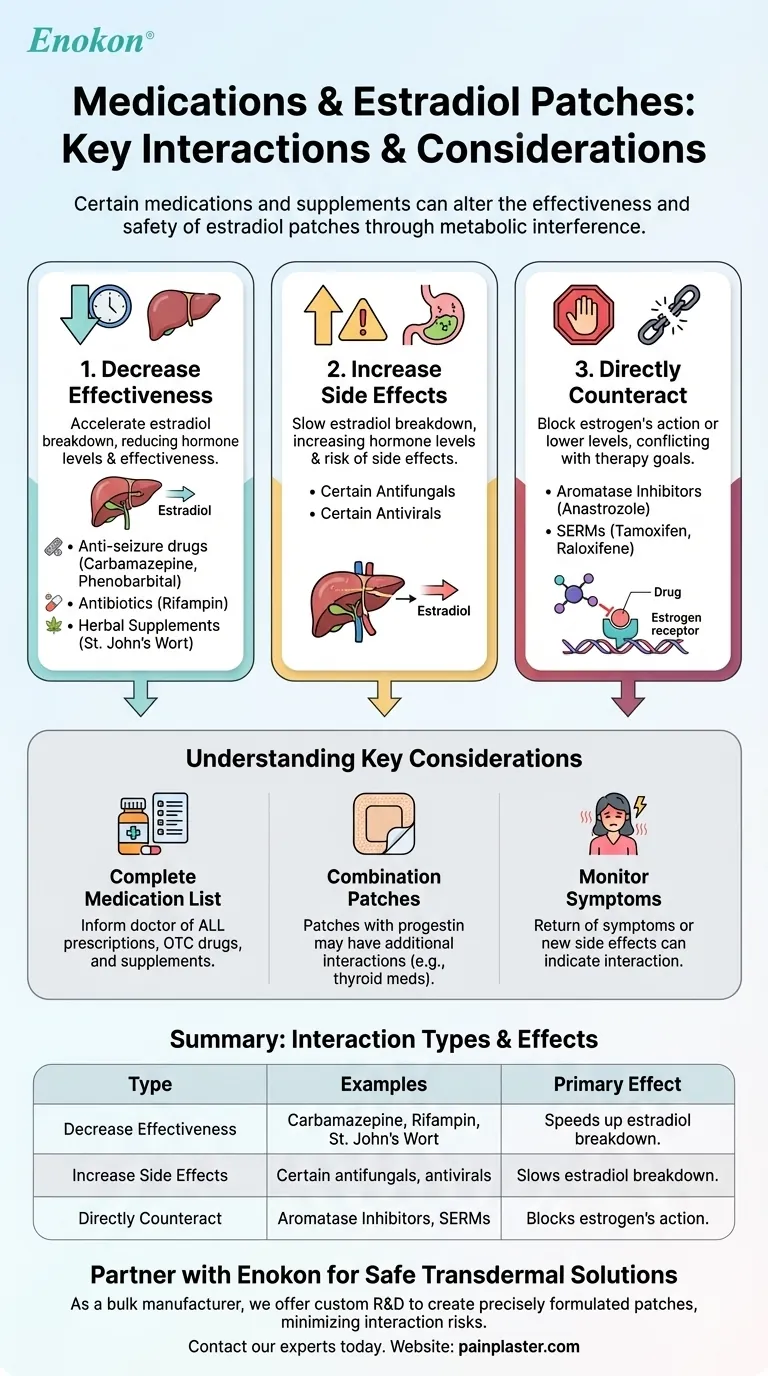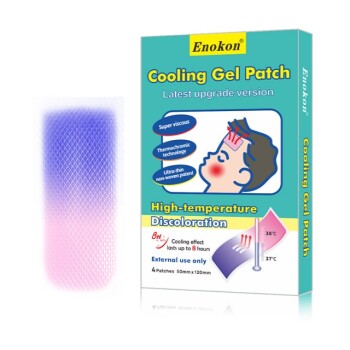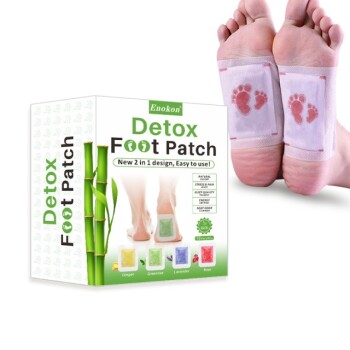Certain medications can significantly alter the effectiveness and safety of your estradiol patch. Key interactions include drugs that directly oppose its hormonal action, such as aromatase inhibitors and tamoxifen. Other substances, like the seizure medication carbamazepine, the antibiotic rifampin, and the herbal supplement St. John's Wort, can speed up your body's breakdown of estradiol, making your therapy less effective.
The central issue with estradiol patch interactions is metabolic interference. Many drugs and supplements affect the liver enzymes that process estrogen, which can either dangerously increase estradiol levels or render your hormone therapy ineffective. A complete and current medication list is therefore non-negotiable for discussions with your healthcare provider.

How Drug Interactions Affect Estradiol
The effectiveness of your estradiol patch depends on maintaining a stable level of the hormone in your bloodstream. Interactions typically occur when another substance either changes how your body processes estradiol or works directly against its intended effects.
Drugs That Can Decrease Estradiol Effectiveness
Some medications are known as "enzyme inducers." They signal your liver to work faster, accelerating the breakdown and removal of estradiol from your body.
This increased metabolism can lower the level of active hormone in your blood, potentially causing a return of symptoms that the patch is meant to treat.
Key examples include:
- Certain anti-seizure medications: Notably carbamazepine and phenobarbital.
- Specific antibiotics: Rifampin is a primary example.
- Herbal supplements: St. John's Wort is a well-known enzyme inducer that can significantly reduce estradiol levels.
Drugs That Can Increase Estradiol Side Effects
Conversely, other drugs can inhibit or slow down the same liver enzymes. This causes estradiol to be cleared from your body more slowly than expected.
When estradiol levels become too high, the risk of estrogen-related side effects increases. These can include nausea, bloating, breast tenderness, and more serious risks like blood clots.
This category often includes:
- Certain antifungals
- Certain antivirals
Drugs That Directly Counteract Estradiol's Purpose
This is the most critical category of interactions, as these drugs work in direct opposition to hormone therapy, creating a conflict at a biological level.
Aromatase inhibitors (e.g., anastrozole, letrozole) are prescribed to drastically lower estrogen levels, often as a treatment for breast cancer. Using an estradiol patch at the same time is counterproductive and should be avoided.
Selective Estrogen Receptor Modulators (SERMs), such as tamoxifen and raloxifene, work by blocking estrogen's effects in specific tissues like the breast. Taking supplemental estrogen from a patch can interfere with the intended action of these important medications.
Understanding the Key Considerations
Navigating drug interactions requires vigilance and open communication with your medical team. Simply knowing the list is not enough; understanding the context is crucial for your safety.
The Importance of a Complete Medication List
Your doctor and pharmacist must know everything you take. This includes all prescriptions, over-the-counter drugs, vitamins, and especially herbal supplements, as products like St. John's Wort can have a powerful impact.
Combination Patches Have Additional Interactions
Be aware that some patches contain both estradiol and a progestin (like norethindrone). These combination therapies may have an expanded list of interactions, potentially including thyroid hormones, certain antidepressants, or blood thinners like warfarin.
Monitor for Changes in Symptoms
If you start a new medication and notice your original symptoms (like hot flashes) returning, it could be a sign that your estradiol patch has become less effective. Similarly, new or worsening side effects could indicate your estradiol levels have become too high.
Making the Right Choice for Your Health
Your approach to managing interactions should be guided by your primary health goals and a commitment to transparency with your healthcare provider.
- If your primary focus is treatment effectiveness: Pay close attention to medications known to speed up estrogen breakdown, such as the antibiotic rifampin, certain seizure drugs, and St. John's Wort, as they can make your patch less effective.
- If your primary focus is avoiding serious health risks: Be absolutely certain your doctor knows if you take aromatase inhibitors or SERMs like tamoxifen, as using them with estradiol is typically contraindicated.
- If you are starting any new medication: Proactively ask your doctor or pharmacist to review potential interactions with your estradiol patch to prevent unexpected side effects or a loss of symptom control.
An ongoing and transparent conversation with your healthcare provider is the cornerstone of safe and effective hormone therapy.
Summary Table:
| Interaction Type | Common Examples | Primary Effect |
|---|---|---|
| Decrease Effectiveness | Carbamazepine, Rifampin, St. John's Wort | Speeds up estradiol breakdown, reducing hormone levels. |
| Increase Side Effects | Certain antifungals, antivirals | Slows estradiol breakdown, raising hormone levels & risks. |
| Directly Counteract | Aromatase inhibitors (anastrozole), SERMs (tamoxifen) | Blocks estrogen's action, conflicting with therapy goals. |
Ensure the safety and efficacy of your hormone therapy products.
As a bulk manufacturer of reliable transdermal patches, Enokon provides pharmaceutical distributors and brands with the technical expertise for custom R&D and development. Partner with us to create precisely formulated patches that minimize interaction risks and deliver consistent dosing.
Contact our experts today to discuss your custom transdermal patch needs.
Visual Guide

Related Products
- Capsaicin Chili Medicated Pain Relief Patches
- Far Infrared Deep Heat Relief Patches Medicated Pain Relief Patches
- Heating Pain Relief Patches for Menstrual Cramps
- Herbal Eye Protection Patch Eye Patch
- Prostate Pain Kidney Health Care Patch for Men
People Also Ask
- Can the pain relief patch be used with other external analgesic products? A Critical Safety Guide
- Are pain relief patches safe for sensitive skin? Your Guide to Safe Use & Skin Testing
- How do pain relief patches work? A Guide to Targeted, Long-Lasting Pain Relief
- What side effects might occur from using capsaicin patches? Understand the difference between normal sensation and danger signs.
- Can children use the pain relief patch? A Critical Safety Guide for Parents

















